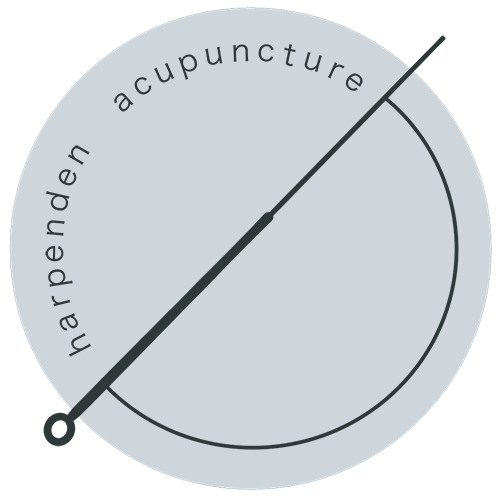Modern research has shown that acupuncture can effect muscles, hormones, circulation and immunity and therefore can have beneficial effect on health and wellbeing, not just pain.
Treatment is usually provided in six consecutive appointments but may be less if the condition respond quickly. The treatment itself involves fine needles being inserted through the skin and briefly left in position. Sometimes low voltage electrical stimulation is applied to assist the process (electroacupuncture).
Acupuncture treatment is particularly relevant to many chronic diseases. It is a popular choice in pain management and can reduce reliance on pain medication.
Musculoskeletal disorders and related pain are major causes of disability in the United Kingdom.
Acupuncture is commonly used for pain relief and has been effective for the following conditions.
Neck pain
Lower back pain
Osteoarthritis
Acupuncture is most commonly used in the alleviation of pain, particularly in muscles and joints. By stimulating nerves in the skin and muscles, acupuncture can increase the body’s release of natural painkillers (endorphins) and can modify the way pain signal are received in the brain.
Acupuncture can help ease many of the common aches and discomforts of pregnancy
Morning sickness
- Hormonal disorders
Lower back and pelvic pain
- Breech presentation (moxibustion)
Moxibustion during pregnancy
Moxibustion works on the same basic principles as acupuncture, but instead of actually puncturing your skin with a needle, long sticks of the mugwort herb are burned near certain acupuncture points along your body. The heat stimulates certain acupuncture points without the use of needles. This avoids the worry and trauma of breech presentation and thus improves the outcome for mother and baby.
Various types of headache comprise a widespread health problem. Among the possible treatment options, acupuncture is one of the most effective, with the least number of adverse effects
- Tension type headaches
- Migraine prevention
There is good evidence that acupuncture is effective in the relief of tension type headaches and migraine prevention. The body responds by releasing endorphins and other neurotransmitters that activate the parasympathetic nervous system. This relaxes muscles, smooths blood flow and accelerates healing.
Western Medicine recognises that acupuncture acts on the nervous and immune systems by promoting regulatory mechanisms and the transport of substances that can act on the inflammatory, histamine and immune response.
- Sinus congestion
- Hayfever
Irritable bowel syndrome
In 2015, the Otorhinolaryngology Head Neck Surgery Journal mentioned acupuncture as a recommendation of a valid non-pharmacological treatment for allergic rhinitis.

